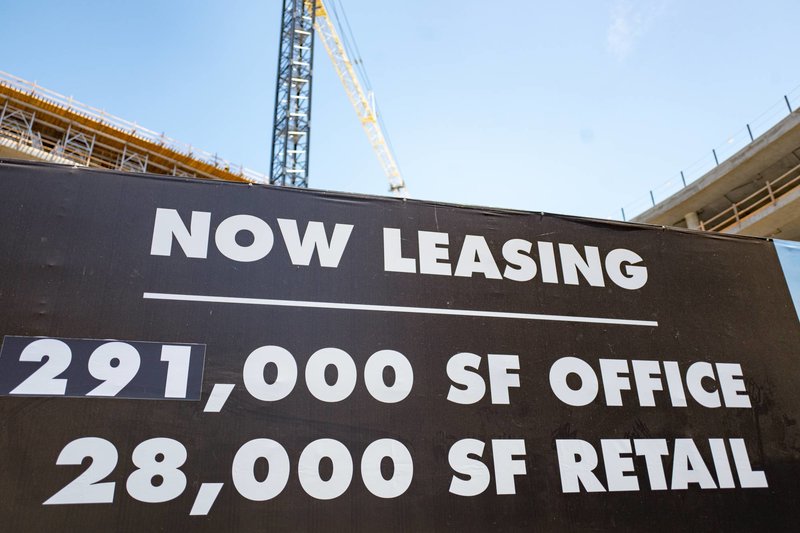
|
英國雜志《經濟學人》最近刊發了一篇文章,表述清晰、理由充分,文字還頗為有趣,內容是為何相對而言硅谷的輝煌時代已經過去。 同時我也要說,文章此言差矣。雖然報道列舉了一些有說服力的事實,有些激情澎湃的引述,顯得論據充分,但這就是記者熟知長盛不衰的熱門話題,基本上就是關注事件背景和解讀的時事評論。一言以蔽之,類似論調之前就有。無非是說,硅谷的成本太高,人們令人討厭,交通太差勁,其他地區比硅谷更雄心勃勃。用報道中一段經過精心潤色的文字來說就是:“生活和經營企業的成本過高,會趕走更多人。已完成財富積累的企業掌控一切,仍留在硅谷的人想成功只能另尋別路。政府政策相當不友好,將進一步傷害硅谷的活力。” 文章說得一點沒錯。由于硅谷充斥著拜金風氣,很難招人喜歡。但羅列種種現實并沒有抓住重點。我不是刻意吹捧,但硅谷有很多獨特之處:資本和優秀人才集中、崇尚冒險和精英領導的文化、毗鄰出眾的大學,以及氣候宜人等等。所以,其他地區仍然很難戰勝硅谷,即便偶爾超過也持續不了多久。 報道還有個問題,即采訪的硅谷人士大多跟我年紀差不多。這些人是硅谷的資深人士,很多人我已認識多年,他們往往職業生涯已渡過大半,擁有豐富的人生智慧。可是,這群人對硅谷感到厭倦并不算意外。我更愿意聽一聽,更有上進心的年輕人怎么看自己在硅谷的前景。(文中有個別觀點比較令人信服,但用一些個人案例證明不夠有力。) 文中引用了一位學者安娜李·薩克森尼安,讓我好好思考了下。薩克森尼安寫過一本書,明確地詮釋了硅谷何以取得成功,書中還專門對比了硅谷和波士頓僵化的科技業。她的大作題目為《地區優勢》(Regional Advantage),于1994年出版。我解釋硅谷持續保持優勢原因時經常援引她的文章。她認為硅谷越來越像波士頓,這算她對硅谷最悲觀的論斷了。 顛覆王者很困難,但并非毫無可能。就目前來看,盡管問題多多,硅谷在王座上坐得還是很穩。(財富中文網) 譯者:Pessy 審校:夏林 ? |
The Economist has published a lucid, well-reasoned, and interesting reported essay on why Silicon Valley, relatively speaking, is finished. Aaron linked to it last week and I, too, encourage you to read it. I also think it’s wrong. Indeed, though well-argued and backed up both by compelling facts and impassioned quotes, the article is what journalists call an “evergreen” and also a bit of a “thumbsucker.” In short, I’ve read—and heard—it all before. Silicon Valley is too expensive, its people are too obnoxious, the traffic is too horrible, and other regions are hungrier. In its own finely honed words: “The cost of living and operating a firm will drive more people away. The dominance of the companies that have generated its current wealth will change the paths to success for those who stay. And unfavorable governmental policies will further harm the Valley’s dynamism.” This is all true and then some. For all its phoniness and obsession with money, this region can be tough to take. But these truths may be beside the point. I’m no cheerleader for Silicon Valley. But its unique attributes—the concentration of wealth and talented people, a risk-taking and meritocratic culture, the proximity to great universities, the weather—make it unbeatable, at least in any sustained way, by any other region. One tell of an argument gone sour was the sheer number of people around my age quoted in the article. These are Silicon Valley veterans, sources of mine for years, that have fewer years in their careers ahead of them than behind them. They have wisdom in spades. But it’s no surprise that they’re tired of the Valley. I’d rather hear what the hungry youngsters think about their prospects here. (One was quoted convincingly, but isolated anecdotes do not a thesis make.) One person quoted in the article, scholar AnnaLee Saxenian, gave me pause. She wrote the definitive explanation of Silicon Valley’s success, particularly compared with the ossified tech industry in Boston. Her monumental work, Regional Advantage, which I’ve frequently cited to explain Silicon Valley’s staying power, came out in 1994. She believes Silicon Valley has become more like Boston, a damning assertion if ever there was one. It’s tough, but not impossible, to dethrone the king. Despite its many problems, Silicon Valley still reigns. |






